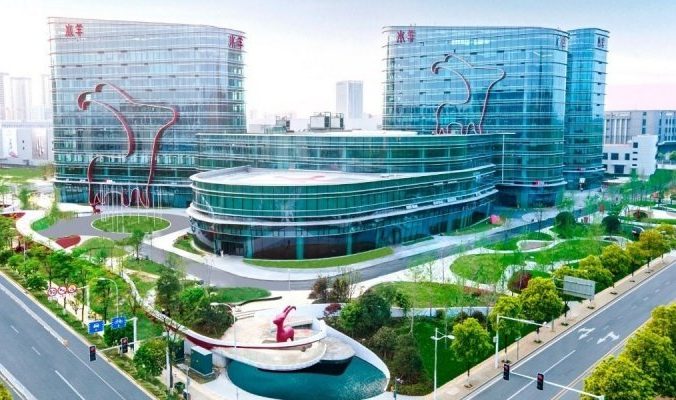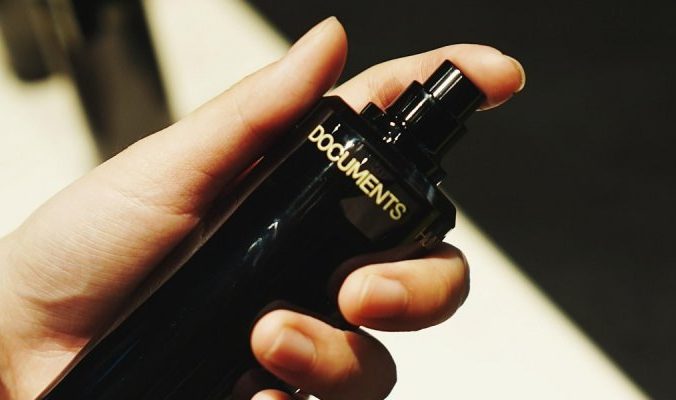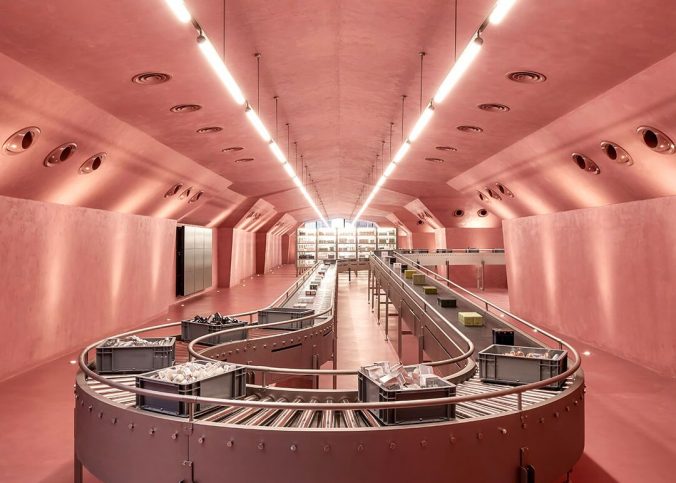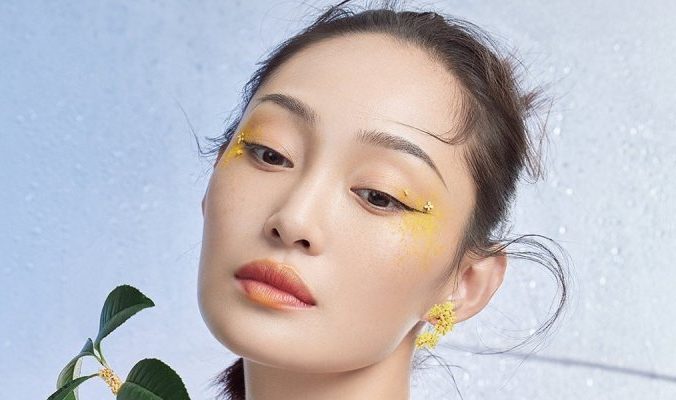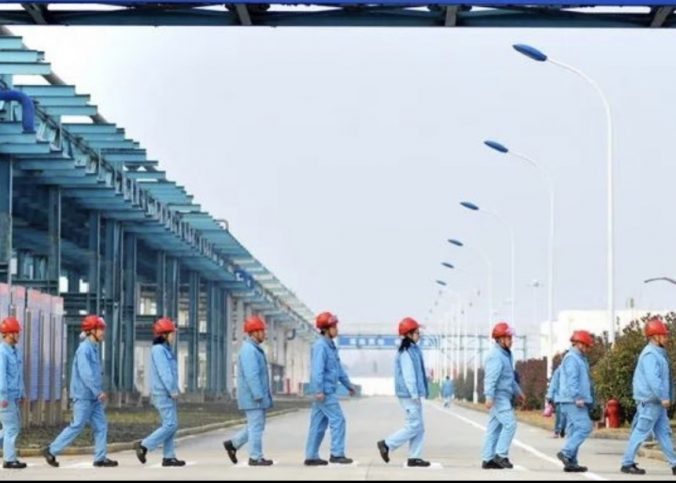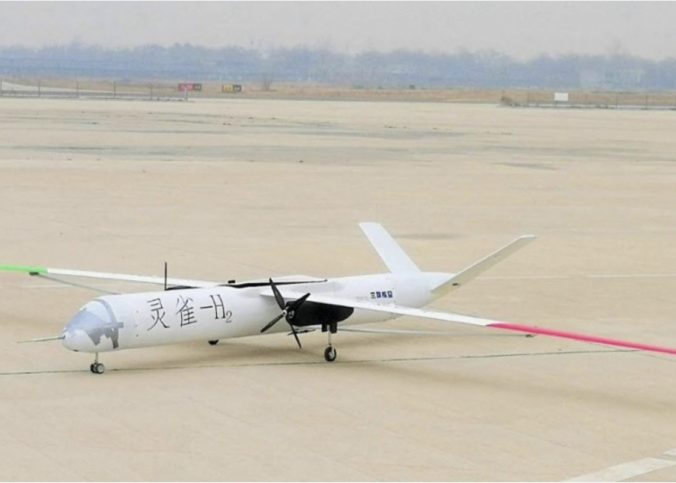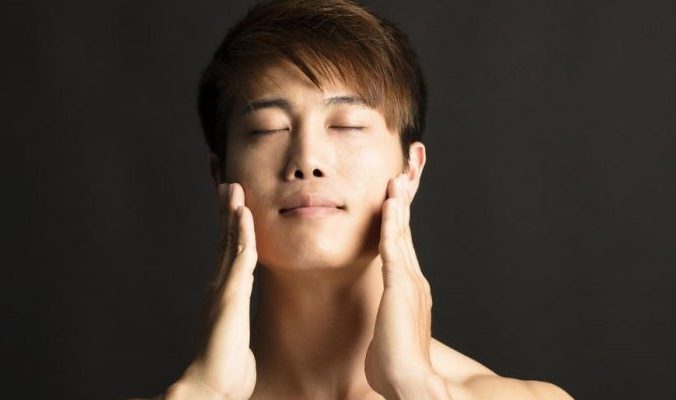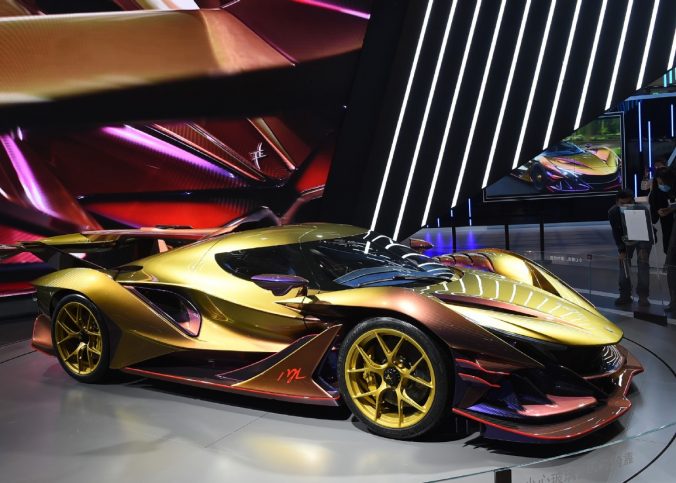By purchasing French brands Pier Augé and EviDenS de Beauté and recently opening the S’Young City campus around its Changsha headquarters, in the province of Hunan, Chinese group S’Young International (水羊股份) made its objectives clear.
The Chinese culture has a tremendous influence on perfumers, who choose plants like tea, osmanthus, and bamboo as a source of inspiration.
Cosmetics brand Proya (珀莱雅) seems to find it easy to progress on a Chinese market undergoing deep changes.
Guangzhou-based Lava Music (拿火音乐) released the world’s first unibody carbon fiber guitar Lava Me in 2017 and reinvented it as a smart guitar in 2021.
Self-service selling of small-size cosmetics in an arty environment: this is the initial concept of Chinese company Harmay (話梅), which has just fundraised 200 million dollars thanks to investors, including American development capital company General Atlantic.
Since it was founded in Hangzhou in 2017, makeup brand Florasis (花西子, Huaxizi) has drawn inspiration from the Chinese heritage to create its aesthetics and storytelling.
Relying heavily on imports and continuously pressured by a steadily growing demand, the Chinese carbon fibre industrial supply chain has to more than double its current production capacity.
Over the next decades, China will ultimately establish a conventional aviation industry. Meanwhile, the country can overtake its Western counterparts in developing the green aircraft of the future, where everything has to be invented, from design to infrastructure, including components and composite materials.
The physical appearance of male ambassadors and influencers recruited by beauty brands in China earned them the name of xiaoxianrou (小鲜肉) on the web: ‘little fresh meat’, literally.
A new chapter has begun in March 2020 when Apollo Automobil announced a strategic partnership with the Hong Kong company WE Solutions Limited.
